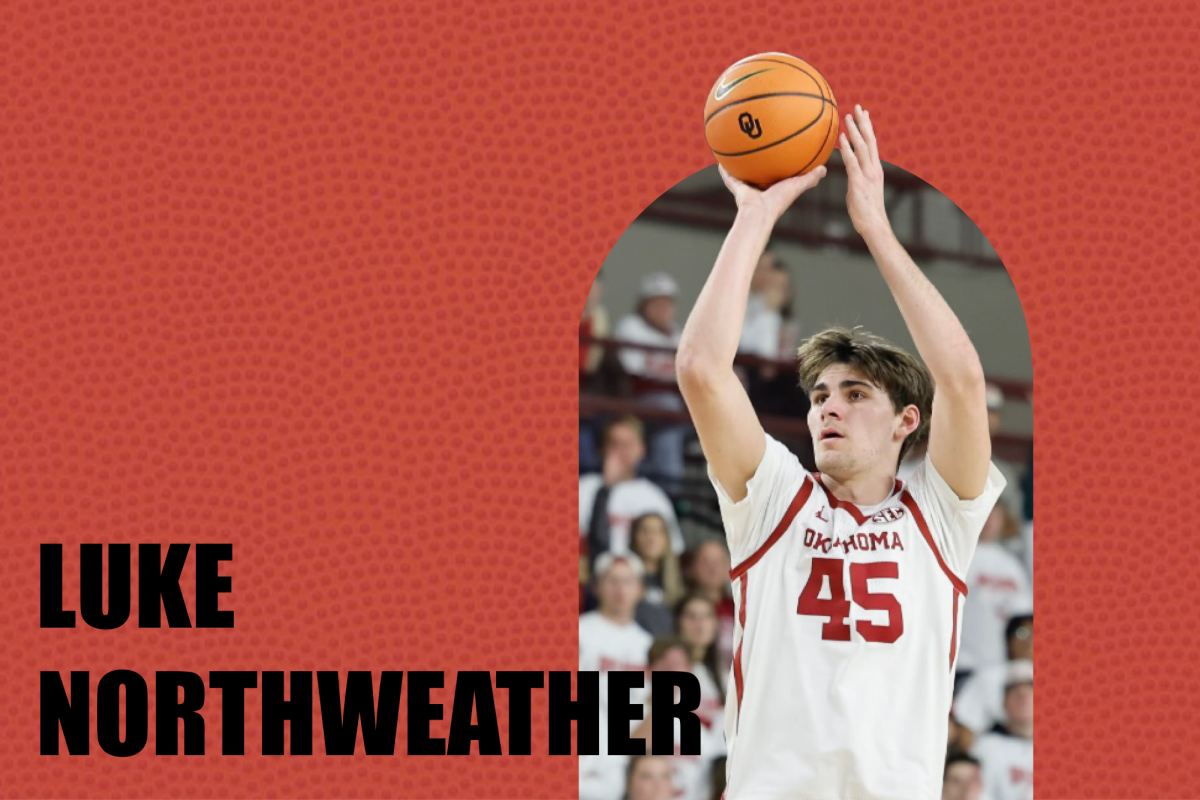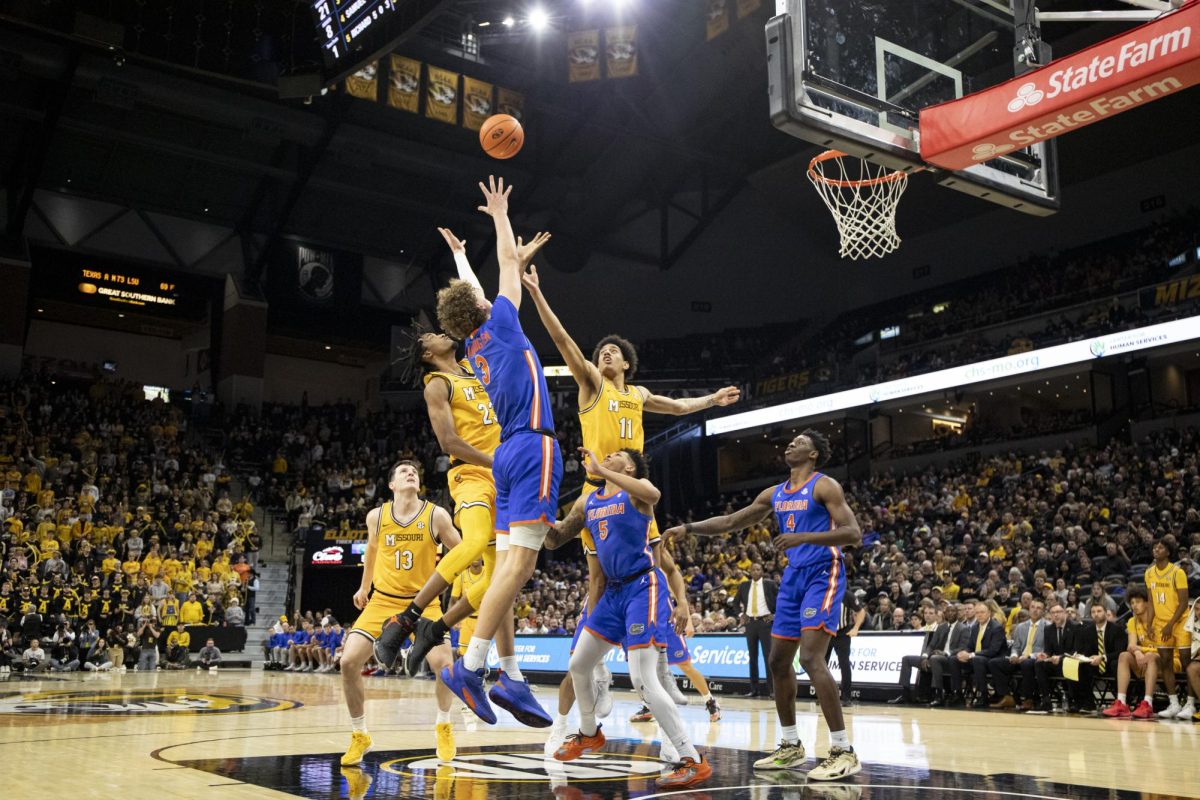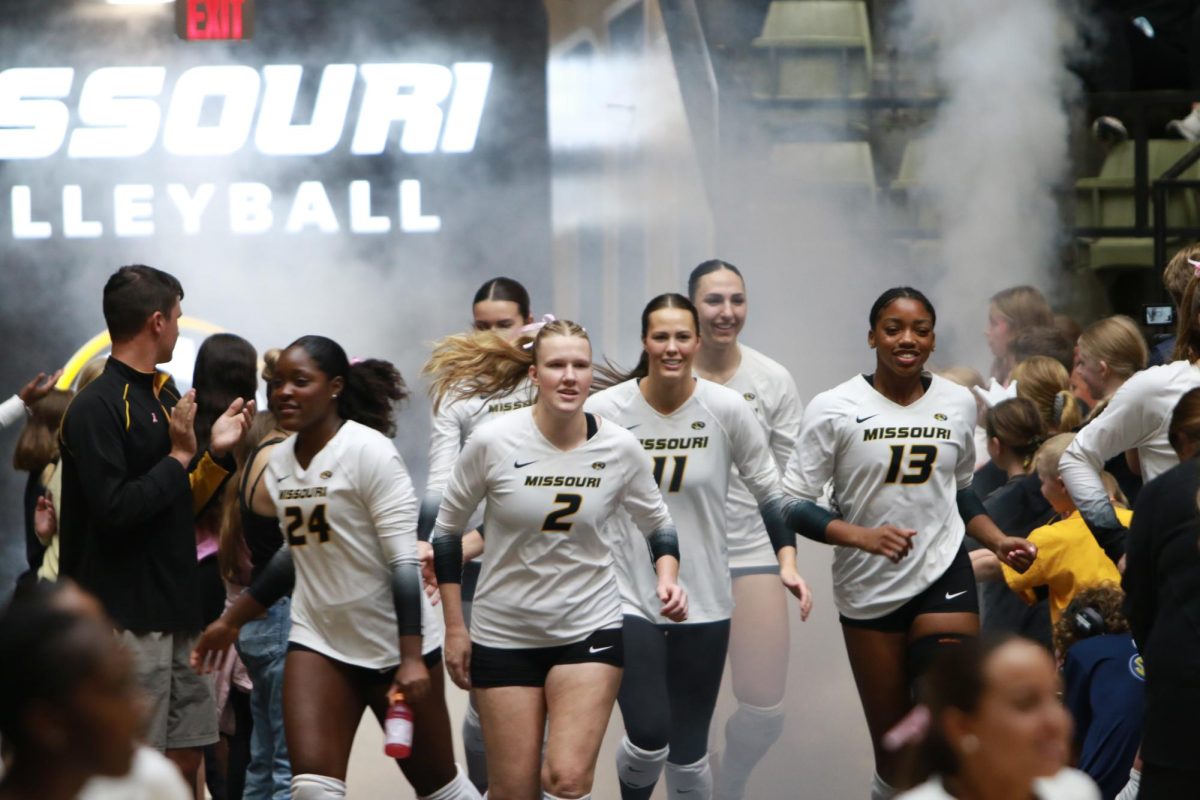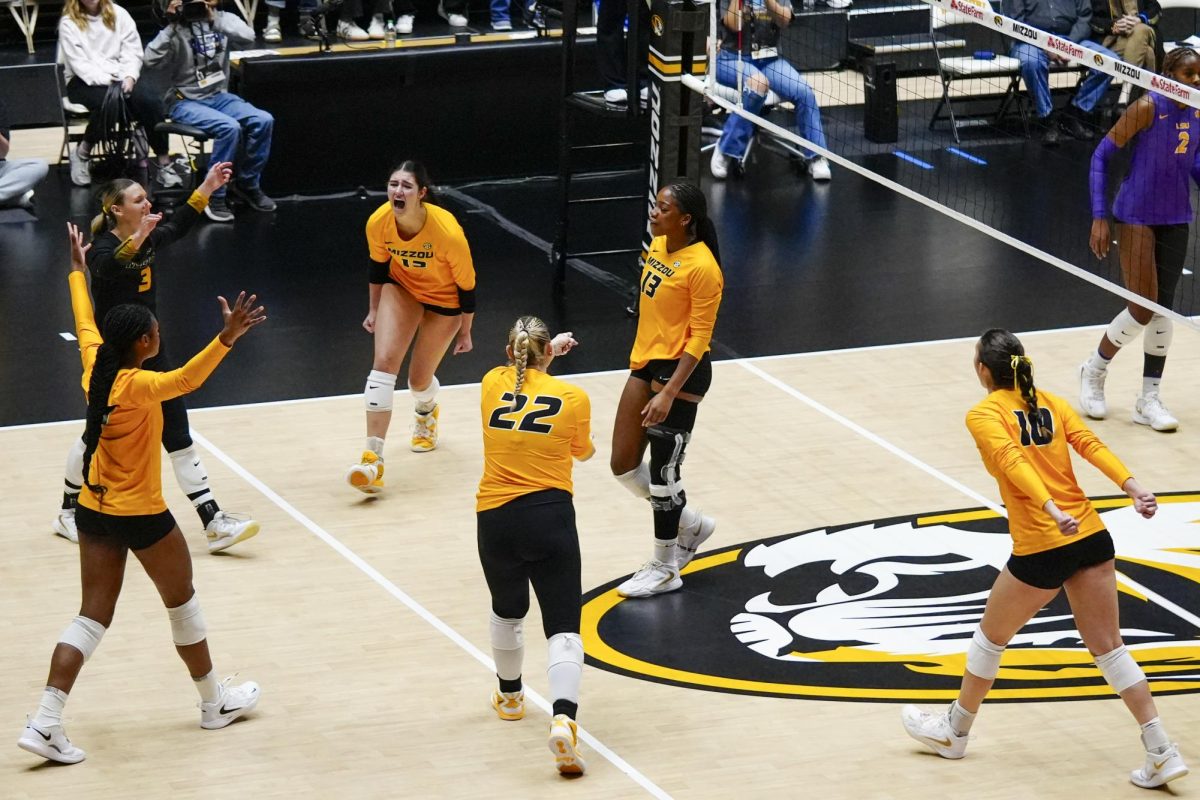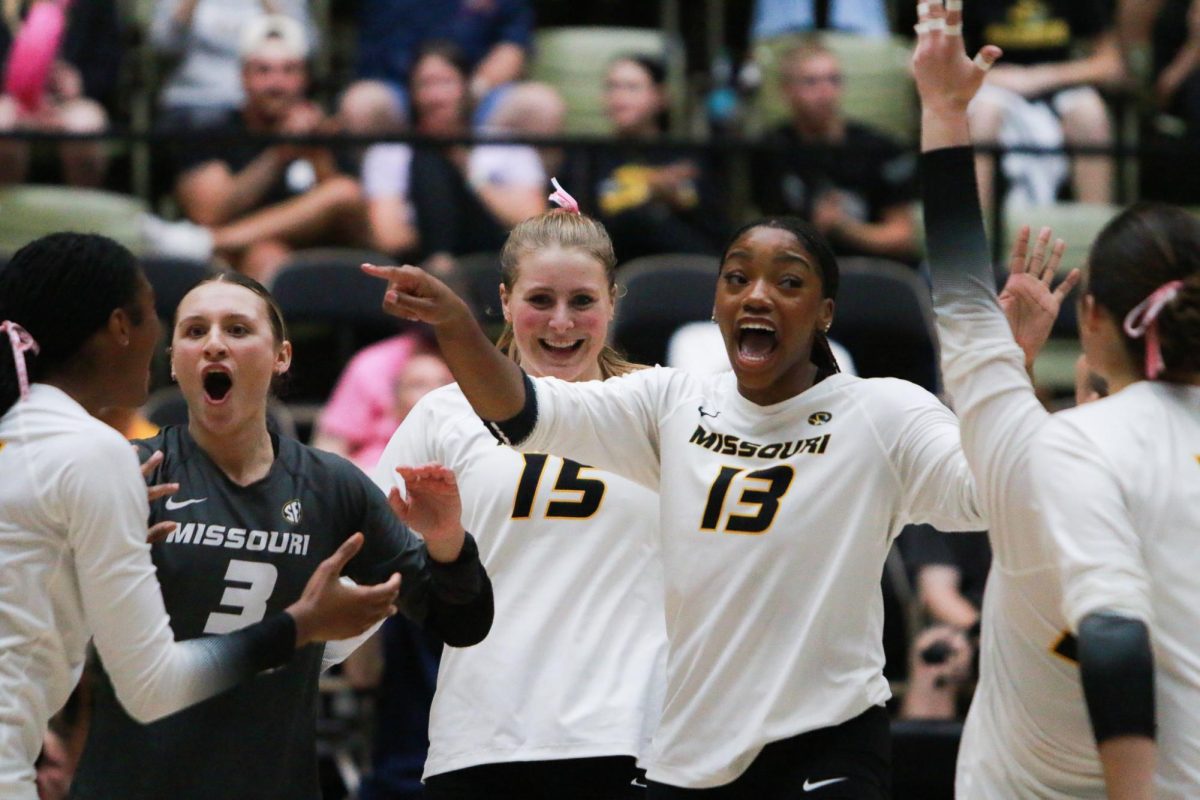Frank Haith’s smile is an easy one.
It starts at the eyes, widening behind glasses, with brows pushed higher and ears tugged back. It peeks out from within a well-trimmed, graying beard, spreading like warm butter across Sunday morning toast.
It ends with hands pulled together left over right above his belt, palm sliding across knuckles reaching for prayer beads on his right wrist.
Then it sits there, hanging like a warm sweater, like a fire in a storm. It’s disarming, comforting.
It doesn’t hide. When Haith’s Tigers fell in the Southeastern Conference tournament to Ole Miss, it pops back up out of nowhere. Missouri’s coach steps off the podium after a postgame press conference, smiling as he shakes hands. When Haith is handed a five-game suspension for failing to promote an atmosphere of compliance, it vanishes, then reappears when former MU legend Norm Stewart appears beside him.
It’s pleasant and warm and genuine. It’s a lifeline.
####The character

When Haith arrived in Columbia in 2011, he’d been to one NCAA tournament appearance as a head coach. He’d lost 26 more games in the Atlantic Coast Conference than he’d won. No smiles.
Athletic Director Mike Alden chased Purdue’s Matt Painter to fill the void left by former coach Mike Anderson, or Virginia Commonwealth’s Shaka Smart, or Minnesota’s Tubby Smith (since fired and hired at Texas Tech), or Harvard’s Tommy Amaker, or Butler’s Brad Stevens (since hired by the Boston Celtics), or St. John’s Mike Dunlap, or New Mexico’s Steve Alford (since hired by UCLA).
But Alden chucked the list to the wayside and chose Haith, saying the Miami coach was the only applicant offered the position.
But there were still no smiles.
“When he took the job, he was not welcomed with open arms,” former Tiger guard Jarrett Sutton said of Haith. “I don’t think it ever bothered him. It gave him something to prove.”
In 2011, Haith was a values man to Alden, who stressed in his introduction of the new coach he was cut from the same cloth as MU forbearers. Haith dealt integrity and scrappy amounts of work ethic.
If Painter and Smart took contract extensions and Smith and Amaker stayed put, Haith might not have been the talent choice in 2011, but he was the character.
> “When he took the job, he was not welcomed with open arms. I don’t think it ever bothered him. It gave him something to prove.” — Former Tiger guard Jarrett Sutton
“We have values that permeate our entire structure, and you hear us talk about that, but it’s not just talking about it; we live it,” Alden said at Haith’s introduction. “We believe it. We walk that walk.”
“We share the same values,” Haith said minutes later, that smile fighting its way out from behind a nervous scowl, finally escaping as its owner rocked back and forth on either heel. “We have the same mission.”
####The introduction
Jarrett Sutton was a four-year letterwinner at Oak Park High School in Kansas City when he walked on to Mike Anderson’s team his sophomore year at MU. He could run the floor in Anderson’s fast-paced offense, shoot the three and play enough defense, but more than anything, Sutton was another kind of values man.
He bought into Anderson’s system, kept his head up and rallied the troops as the 2010-11 season fell into a tailspin.
“It was a media frenzy when coach Anderson left,” Sutton said. “We had heard a rumor that Arkansas was looking for a head coach, and we know the connection was there, and a week later he was gone.”
Alden sat down with the team a day after Anderson’s announcement to tell them about the search process for someone new and asked for the team’s opinion, something Sutton said the group did not expect.
> “Mike told me, ‘They’re gonna love you.’ You lied to me, Mike. Some people don’t love me just yet.” — Frank Haith
“I think Mike Alden knew that was hard for us,” he said. “We didn’t want Mike and his team to hire a coach off a whim. We wanted to give our input.”
Sixteen days later, Alden introduced Haith to Tiger Nation at the Clinton Club at Mizzou Area.
Haith’s mission at Missouri stipulated building a program defined by a national recruiting base, an economic offense and an adaptable defense, but those were canned lines, just like when Haith said his style of play was “winning.”
“Mike told me, ‘They’re gonna love you.’ You lied to me, Mike,” Haith said, only half-joking, with no smile. “Some people don’t love me just yet.”
Taking over a team that had lost five of its last six games, including a first round NCAA tournament loss to Cincinnati, he stressed success would come, whether that was in a year, two years, maybe three.
“We will win here,” he said. “We will win big…. I want to win. I want to cut down nets.”
That realization came sooner than expected.
####The winner

“The first two weeks I’ll remember,” Sutton said. “Always.”
Haith was an instant positive energy on the sidelines and on the practice court. Practices were higher intensity and more structured. Film sessions became analytic. The strength and conditioning program went from a team perspective under Anderson to an individualized approach under Haith.
“That’s what we wanted,” Sutton said. “That was all throughout the season. It just flowed. It was fun to be a part of.”
With a seven-man rotation that only involved two true forwards, Haith led the Tigers to a 30-5 mark, the best in school history, a Big 12 Conference championship and the No. 2 national ranking.
Frank Haith was no longer a values man. He was a winner. He was the 2011-12 Associated Press national coach of the year and Big 12 coach of the year. His Tigers were a two-seed in the NCAA Tournament, the best ranking in school history.
His offense was crisp and clean. His defense was undersized, yet gritty. It seemed Haith’s coaching identity, like his smile, had shined through. The way Mike Krzyzewski’s Duke teams are known for defense and shooting, the way Tom Izzo’s Michigan State teams are known for pick-and-roll and post play, so too had Haith seemingly developed a stamp in his first year at MU.
“We were relentless in our execution and preparation,” Sutton said.
But then came Norfolk State, a 15-seed in the tournament from a little-known naval town in Virginia. By mid-March the Spartans were known as the fifth 15-seed to beat a two in tournament history.
The 30-5 season proved for naught. There was no postseason run, no more nets to chop down, no more winning. Frank Haith made his presence felt in Columbia, but now he had 11 roster spots to fill.
Three seniors graduated after the year, six more graduated the next and two underclassmen transferred. Kim English and Laurence Bowers even declared for the NBA draft but didn’t hire agents so they could stay in school if they didn’t like their options.
This was not Mike Anderson’s program anymore, but was it Frank Haith’s?
####The alchemist

“I’ve always looked at recruiting as building relationships,” Haith said. “You can’t have the program you want without the players. It’s probably the important thing you can do to bring quality people around you.”
In 2012-13 Frank Haith became a salesman, selling Missouri on a national stage to a team of transfers. Keion Bell from Pepperdine. Jordan Clarkson form Tulsa. Jabari Brown from Oregon. Alex Oriakhi from Connecticut. Tony Criswell from Independence Community College. Earnest Ross from Auburn.
He added freshmen Ryan Rosburg, a four-time St. Louis suburban west first teamer, and Stefan Jankovic and Negus Webster-Chan (who transferred after the season), two of Canada’s top prospects.
“I don’t think people know how great a recruiter he is,” Sutton said.
Though Clarkson sat out all of Haith’s second season and Brown for the first half, Haith ran a seven-man rotation and lost his would-be leading scorer Michael Dixon to a transfer before the season began.
>With a roster in place, Frank Haith became a mad scientist, toying with potions of different lineups. A little Bell here, a dash of Ross there. Heat under a Bunsen burner before adding Oriakhi. Always use Phil Pressey as a base.
With a roster in place, Frank Haith became a mad scientist, toying with potions of different lineups. A little Bell here, a dash of Ross there. Heat under a Bunsen burner before adding Oriakhi. Always use Phil Pressey as a base.
“In 28 years in this business, I’ve worked with some really great people,” Haith said. “And one of the things I’ve learned is how to adjust and coach to players strengths.”
The Tigers led the nation in rebounding by a large margin and jumped in and out of national rankings. On Jan. 19, they lost by 31 at then-No. 10 Florida. A month later, they beat then-No. 5 Florida by three at Mizzou Arena. Four days later, they fell to Kentucky in overtime after blowing a lead in regulation.
Bowers, returning from an ACL tear, tore an MCL in his other knee and missed time midseason, and Bell started slow and worked into form as an alternate point guard as conference play progressed.
Ross, built like a linebacker, was sequestered behind the arc as a spot up shooter, and Pressey struggled to be a go-to scorer down the stretch.
“When we (2011-12) were in close games, we executed really well,” Sutton said. “I think that got away from them (2012-13).”
Missouri fell to Colorado State, once again in the tournament’s first round, by 12. The team was out-rebounded 42-19. The Tigers shot 30 percent from the field. The identity of Haith’s team was nowhere to be found.
####The future

Enter 2013-14. The Tigers return six players, only three of whom received significant minutes the year prior. Clarkson sat out all of 2012-13.
Big-time recruits Wes Clark, Johnathan Williams III and Keanau Post have landed at MU and will each play key roles for the Tigers, if not start.
>“Coach Haith is a very good offensive coach. He’s always able to draw up a play to get the shot we need.” — Jabari Brown
Both Williams and Post started each of Missouri’s two exhibition games. Williams combined for 18 points and 20 rebounds in both.
“I hope everyone stays healthy, and they get some chemistry going,” Sutton said. “I want things to finally go as planned.”
Things haven’t gone as planned for Haith in Missouri, where his program was supposed to start slowly and grow; recruit from within state lines, then nationally and internationally; become the class of the SEC, a weak basketball conference, after winning the Big 12 tournament.
The scattering of results for Haith, like shotgun pellets blasted at a dartboard, still lend the same question raised in April 2011: Who is Frank Haith?
“Coach Haith is a very good offensive coach,” Brown said. “He’s always able to draw up a play to get the shot we need.”
> “He’s gonna play dogs. He’s gonna play people that wants to play. He’s gonna play the guys that’s gonna play the hardest. He’s gonna play the guys who know the game. He’s gonna play the guys who execute plays down the stretch.” — Earnest Ross
Ross sees something else.
“He’s gonna play dogs,” Ross said, alluding to a term Haith uses in practice. “He’s gonna play people that wants to play. He’s gonna play the guys that’s gonna play the hardest. He’s gonna play the guys who know the game. He’s gonna play the guys who execute plays down the stretch.”
Trailing to Central Missouri on Friday in a see-sawing exhibition game, the oft-fiery Haith remained composed as MU played disorganized basketball, giving up 44 points in the paint and 42 more bench points to the Mules.
There doesn’t seem to be a system in place, but it doesn’t matter. The Tigers, behind Ross’ 14 second-half points, battle back to take the game by 13.
Afterward, Haith doesn’t seem fazed.
“You gotta be able to adjust,” he said, smile sliding back across his face.
So, who is Frank Haith?
Whoever you want him to be.




